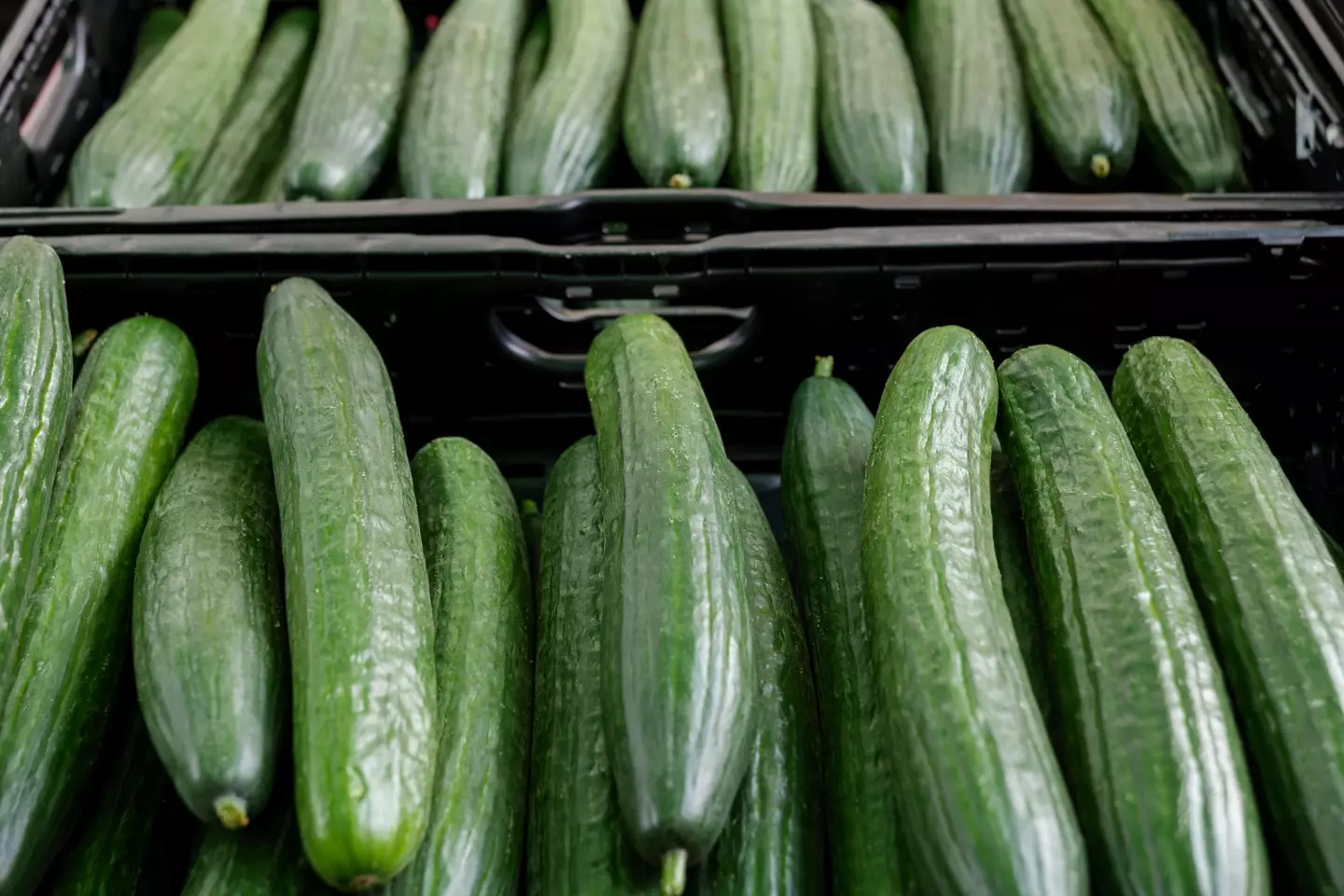
The US Food and Drug Administration (FDA) has issued a recall on cucumbers followed 26 sickness reports including nine hospitalisations.
15 states have been affected by a salmonella outbreak linked with the cucumbers, with the FDA launching the recall on May 19th 2025. The affected cucumbers were grown by Bedner Growers Inc, in Boynton Beach, Florida and distributed between April 29th and May 19th by Fresh Start Produce Sales Inc.

The sickness figures from the Centers for Disease Control and Prevention (CDC), with the FDA reporting that 11 of 13 interviewed victims said they’d eaten cucumbers.
Advert
According to the CDC, recalled cucumbers have been sent out to stores, restaurants and more, with some people having eaten them on cruise ships departing Floridan ports.
Cases have also been reported in Ohio, Pennsylvania and Alabama, the FDA said, and it is still figuring out where the potentially-affected cucumbers have been distributed.
"Cucumbers may have been sold individually or in smaller packages, with or without a label that may not bear the same brand, product name, or best by date," said the FDA.

"For distributors, restaurants, and retailers who have purchased these cucumbers, the products were labeled as either being 'supers,' 'selects,' or 'plains.'"
Speaking to PEOPLE, a Fresh Start Produce Sales spokesperson said:
"Fresh Start Produce Sales is committed to protecting public health and helping Bedner Growers with its recall.
“The company is contacting its wholesale and regional distribution center customers to ask that they provide their customers with recall instructions, including that they should notify any consumer point-of-purchase locations."
The FDA found salmonella in April during a follow-up inspection to the 2024 Salmonella Africana and Salmonella Braenderup outbreaks that had been linked with Bedner Growers’ cucumbers.

“Salmonella are bacteria (germs) that can make people sick with an illness called salmonellosis,” explained the CDC.
Symptoms of salmonella illness
Salmonella can be contracted by eating contaminated food, as well as drinking or coming into contact with contaminated water. Animals, animal faeces, and animal dens can also house the infectious bacteria.
Symptoms can start within hours of ingesting the bacterium, and can include diarrhoea, a fever, dehydration, and persistent vomiting that makes it difficult to retain fluids.
"Illness usually occurs within 12 to 72 hours after eating food that is contaminated with Salmonella, and the symptoms usually last four to seven days," the FDA said.
"Symptoms include diarrhea, fever, and abdominal cramps. Children younger than five, the elderly, and people with weakened immune systems are more likely to have severe infections."
